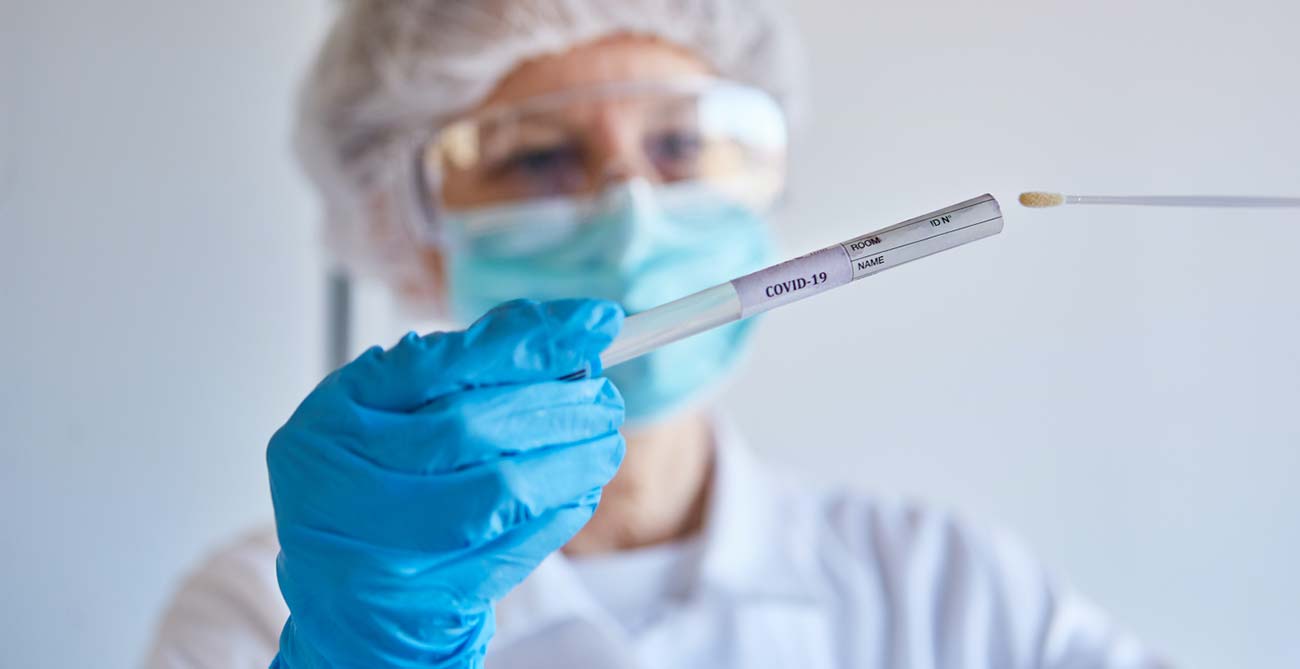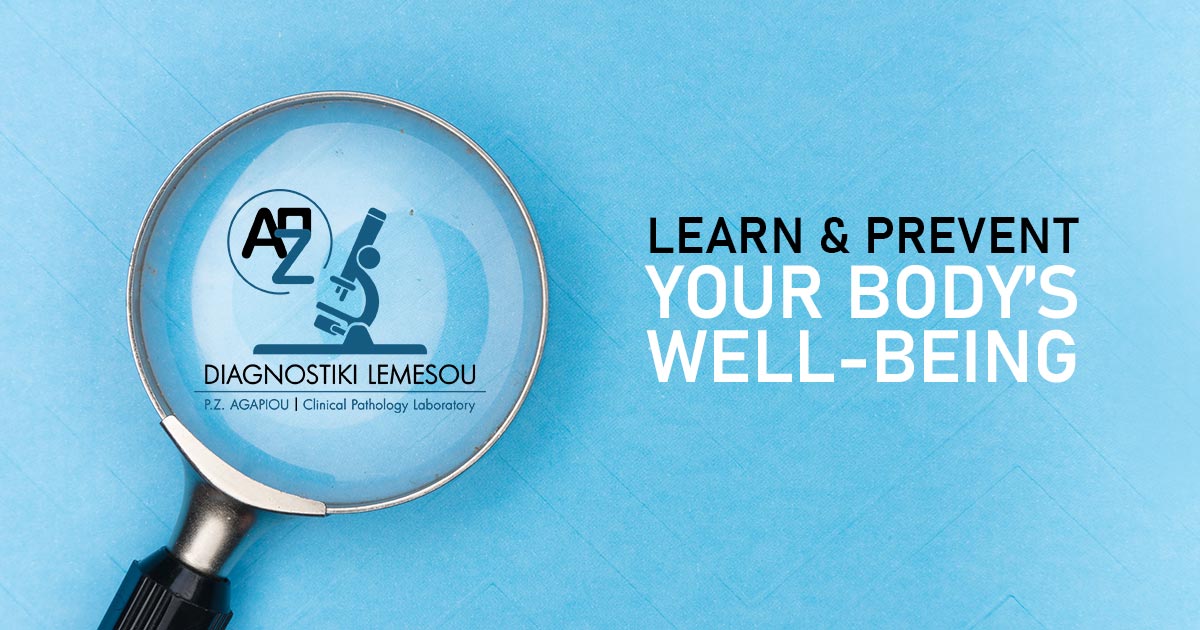
Molecular RT-qPCR COVID-19 Test
When to consider getting tested for a COVID-19 diagnosis
If you’ve been exposed to the virus or show mild symptoms of COVID-19, call your personal doctor for advice about how and when to get tested. Do not go to your doctor’s office in person, as you could be contagious. You can also access the Centers for Disease Control and Prevention’s (CDC) coronavirus self-checkerTrusted Source to help you decide when to get tested or seek medical care.
Symptoms to watch out for
The most common symptoms reported by people with the virus:
- Fever
- Cough
- Fatigue
- Shortness of Breath
People may have other symptoms, for example:
- A sore throat
- Headache
- Runny or Stuffy nose
- Diarrhea
- Muscle aches and pain
- Chills
- Shaking
- Loss of smell
- Loss of taste
The symptoms of the virus typically appear within 2 to 14 days Trusted Source after initial exposure to the virus. Some people show few to no signs of illness during the early phase of infection but can still transmit the virus to others. In mild cases, home care and self-quarantine measures may be all that is needed to fully recover and keep the virus from spreading to others. But some cases call for more complex medical interventions.
What steps should you take if you want to get tested?
Call your doctor’s office if you suspect you’ve contracted with the virus. Your doctor or nurse can assess your health status and risks over the phone. They can then direct you as to how and where to go for testing, and help guide you to the right type of care.
What is involved with the testing?
To collect a sample for this test, a healthcare provider will likely perform one of the following:
- swab your nose or the back of your throat
- aspirate fluid from your lower respiratory tract
- take a saliva or stool sample
Researchers then extract nucleic acid from the virus sample and amplify parts of its genome through a reverse transcription PCR (RT-PCR) technique. This essentially gives them a larger sample for viral comparison. Two genes can be found within the SARS-CoV-2 genome.
Test results are:
- positive if both genes are found
- inconclusive if only one gene is found
- negative if neither gene is found
How long does it take to get test results?
RT-PCR samples are often tested in batches at sites away from where they were collected. This means it can take a day or longer to get test results.
The newly approved POC testing allows for samples to be collected and tested at the same location, resulting in quicker turnaround times. Cepheid POC devices produce test results within 45 minutes.
Is the test accurate?
A study found that chest CT scans accurately identified infection in 98 percent of cases whereas RT-PCR tests detected it correctly 71 percent of the time. The RT-PCR may still be the most accessible test, so talk with your healthcare provider about your options if you have concerns about testing.
The bottom line
RT-PCR testing remains the primary method for diagnosing COVID-19. However, some clinicians may utilize chest CT scans as a simpler, quicker and more reliable way to assess and diagnose the disease. If you have mild symptoms or suspect infection, call your healthcare provider. They will screen your risks, put a prevention and care plan in place for you, and give you instructions on how and where to get tested.
Original source
https://www.healthline.com/health/coronavirus-diagnosis
References
Ai T., et al. (2020). Correlation of chest CT and RT-PCR testing in coronavirus disease 2019 (COVID-19): A report of 1014 cases. DOI:
10.1148/radiol.2020200642
Coronavirus (COVID-19) update: FDA authorizes first test for patient at-home sample collection. (2020).fda.gov/news-events/press-announcements/coronavirus-covid-19-update-fda-authorizes-first-test-patient-home-sample-collection
Coronavirus (COVID-19) update: FDA issues first emergency use authorization for point of care diagnostic [Press release]. (2020).fda.gov/news-events/press-announcements/coronavirus-covid-19-update-fda-issues-first-emergency-use-authorization-point-care-diagnostic
Testing for COVID-19. (2020). a
cdc.gov/coronavirus/2019-ncov/symptoms-testing/testing.html
Symptoms of coronavirus. (2020).
cdc.gov/coronavirus/2019-ncov/symptoms-testing/symptoms.html
Evaluating and testing persons for coronavirus disease 2019 (COVID-19). (2020).
cdc.gov/coronavirus/2019-ncov/hcp/clinical-criteria.html

